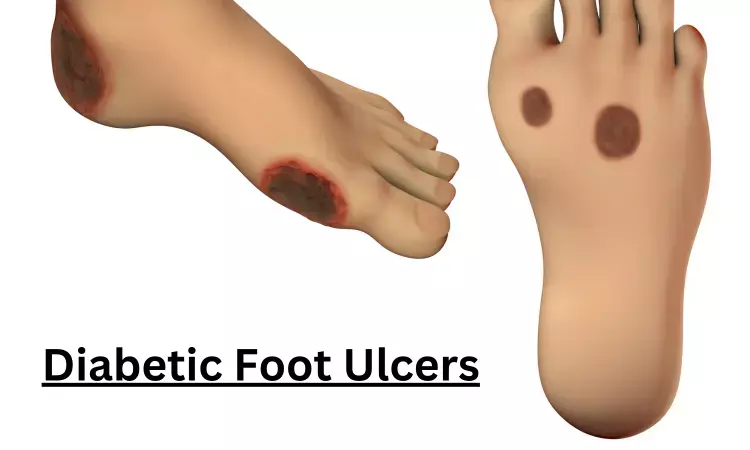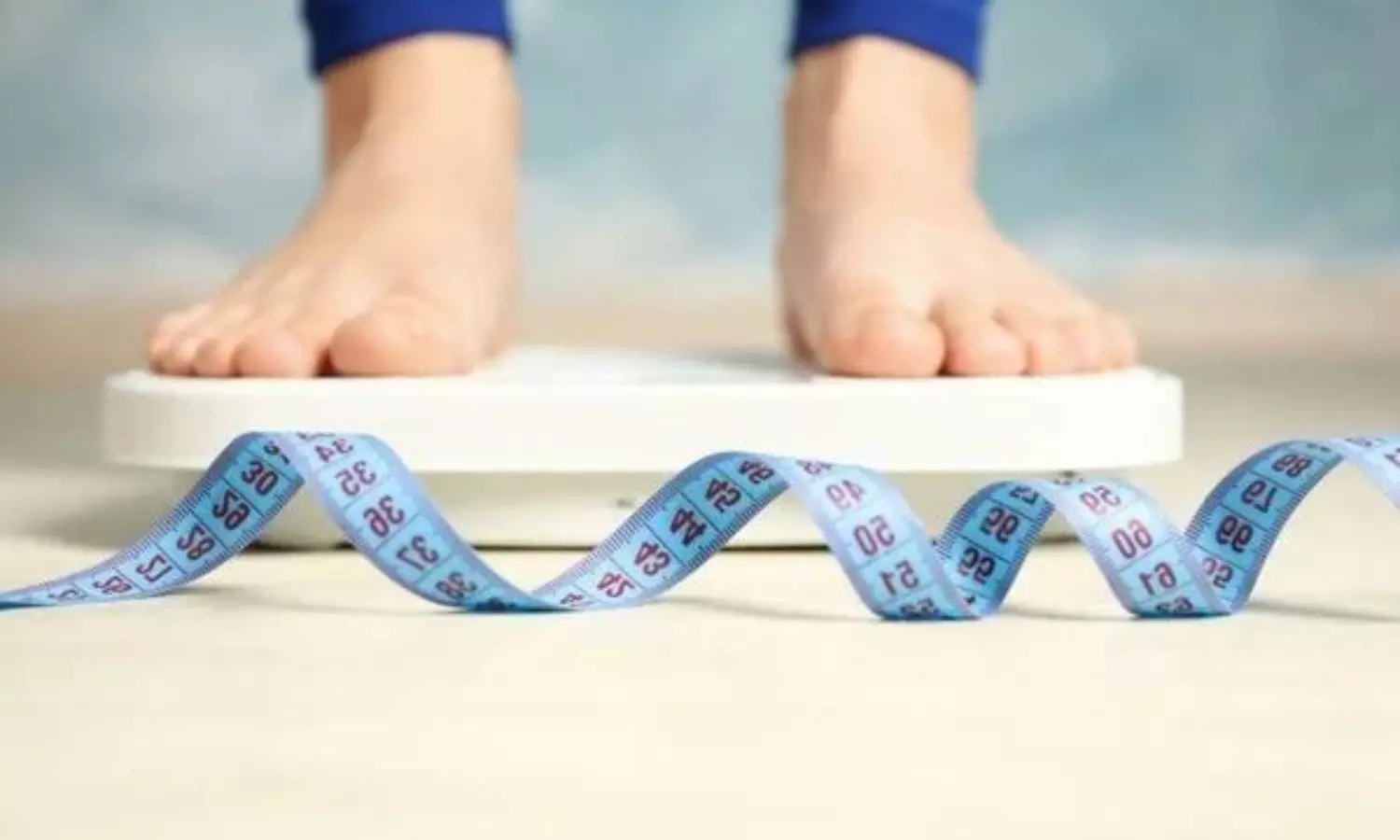- Home
- Medical news & Guidelines
- Anesthesiology
- Cardiology and CTVS
- Critical Care
- Dentistry
- Dermatology
- Diabetes and Endocrinology
- ENT
- Gastroenterology
- Medicine
- Nephrology
- Neurology
- Obstretics-Gynaecology
- Oncology
- Ophthalmology
- Orthopaedics
- Pediatrics-Neonatology
- Psychiatry
- Pulmonology
- Radiology
- Surgery
- Urology
- Laboratory Medicine
- Diet
- Nursing
- Paramedical
- Physiotherapy
- Health news
- Fact Check
- Bone Health Fact Check
- Brain Health Fact Check
- Cancer Related Fact Check
- Child Care Fact Check
- Dental and oral health fact check
- Diabetes and metabolic health fact check
- Diet and Nutrition Fact Check
- Eye and ENT Care Fact Check
- Fitness fact check
- Gut health fact check
- Heart health fact check
- Kidney health fact check
- Medical education fact check
- Men's health fact check
- Respiratory fact check
- Skin and hair care fact check
- Vaccine and Immunization fact check
- Women's health fact check
- AYUSH
- State News
- Andaman and Nicobar Islands
- Andhra Pradesh
- Arunachal Pradesh
- Assam
- Bihar
- Chandigarh
- Chattisgarh
- Dadra and Nagar Haveli
- Daman and Diu
- Delhi
- Goa
- Gujarat
- Haryana
- Himachal Pradesh
- Jammu & Kashmir
- Jharkhand
- Karnataka
- Kerala
- Ladakh
- Lakshadweep
- Madhya Pradesh
- Maharashtra
- Manipur
- Meghalaya
- Mizoram
- Nagaland
- Odisha
- Puducherry
- Punjab
- Rajasthan
- Sikkim
- Tamil Nadu
- Telangana
- Tripura
- Uttar Pradesh
- Uttrakhand
- West Bengal
- Medical Education
- Industry
Diabetes-related foot osteomyelitis can be managed with surgery without need for negative margins

New research revealed that in diabetic foot osteomyelitis, a positive margin had no relation to the duration of the healing process or the recurrence of the infection. Without postoperative antibiotics, more than half of patients with pathology-confirmed positive margins received conservative surgery and this method was not linked to a recurrence of the infection.
The main cause of diabetic foot osteomyelitis (DFO) is a soft tissue infection that invades the bone, first affecting the cortex and eventually the marrow. All DFUs patients with infection-related clinical symptoms, chronic wounds, and ulcer recurrence should be skeptical of probable bone involvement. The epidemiology of the microorganisms involved in DFI varies based on the patient's features, clinical risk factors, the depth and extent of the wounds, and the microenvironment. Guidelines recommend surgical or medical approaches for treating DFO. Conservative surgery is used to remove the infected bone and the non-viable soft tissues without any amputation. But achieving clean margins after conservative surgical resection is controversial as the influence of residual bone at the margins may be associated with adverse outcomes. Hence researchers conducted a study to assess if microbiology- and pathology- confirmed positive bone margins after the resection of diabetes-related foot osteomyelitis is associated with worse outcomes.
A prospective study was carried out on a cohort of 93 patients with histopathology-confirmed diabetes-related foot osteomyelitis. Additional bone biopsy was taken at the resection margin on participants who already underwent bone resection. The primary outcome was measuring the recurrence of the infection.
Findings:
- Pathology-confirmed positive margins were detected in 62 cases (66.7%), microbiology-confirmed positive margins were detected in 75 cases (80.6%), and recurrence was detected in 19 patients (20.4%).
- No association was found between the recurrence of the infection with pathology-confirmed positive margins, with microbiology-confirmed positive margins, and with the use of postoperative antibiotics as per the Chi-squared test.
- Healing has achieved a median of 12 weeks in patients with pathology-confirmed positive margins and 14.9 weeks in those with pathology-confirmed negative margins.
- About 34 patients (55.7%) with pathology-confirmed positive margins out of 61 follow-up patients were not given postoperative antibiotics.
- No association was found between the recurrence of the infection with the use of postoperative antibiotics In that group as per the Chi-squared test.
Thus, Pathology- and microbiology- confirmed positive resection margins are associated with neither recurrence nor longer healing times in cases of OM.
Take home message:
- The prevalent consequence of type 2 diabetes, diabetic foot osteomyelitis (OM), still has a high morbidity and mortality rate. To determine if positive bone margins after the excision of diabetes-related foot osteomyelitis are linked with worse outcomes, the authors conducted a prospective trial with a cohort of 93 patients with diabetes and a foot lesion complicated by OM. The findings demonstrated that in OM cases, positive resection margins validated by pathology and microbiology were neither related to recurrence nor longer healing periods. Additionally, there was no correlation between the recurrence and the non-use of postoperative antibiotics in patients with positive margins.
- Considering the findings of this study, diabetic foot OM can be treated surgically without the requirement of negative margins. Because of the study's limitations, which included the fact that different healthcare professionals use various surgical techniques for wound closure, further research is required to confirm the findings.
Further reading: Aragón-Sánchez J, Víquez-Molina G, López-Valverde ME, Rojas-Bonilla JM, Segura-Retana E. Residual osteomyelitis at the resection margin after conservative surgery is not associated with the recurrence of diabetic foot infection and may successfully be treated without postoperative antibiotic therapy [published online ahead of print, 2023 Jun 12]. Diabet Med. 2023;e15162. doi:https://doi.org/10.1111/dme.15162
BDS, MDS
Dr.Niharika Harsha B (BDS,MDS) completed her BDS from Govt Dental College, Hyderabad and MDS from Dr.NTR University of health sciences(Now Kaloji Rao University). She has 4 years of private dental practice and worked for 2 years as Consultant Oral Radiologist at a Dental Imaging Centre in Hyderabad. She worked as Research Assistant and scientific writer in the development of Oral Anti cancer screening device with her seniors. She has a deep intriguing wish in writing highly engaging, captivating and informative medical content for a wider audience. She can be contacted at editorial@medicaldialogues.in.
Dr Kamal Kant Kohli-MBBS, DTCD- a chest specialist with more than 30 years of practice and a flair for writing clinical articles, Dr Kamal Kant Kohli joined Medical Dialogues as a Chief Editor of Medical News. Besides writing articles, as an editor, he proofreads and verifies all the medical content published on Medical Dialogues including those coming from journals, studies,medical conferences,guidelines etc. Email: drkohli@medicaldialogues.in. Contact no. 011-43720751



